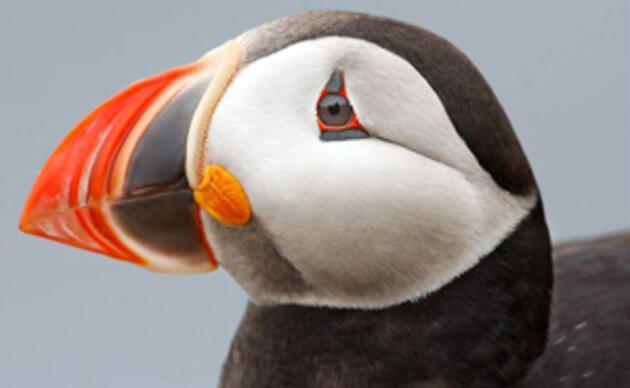2023 Seabird Institute Year in Review
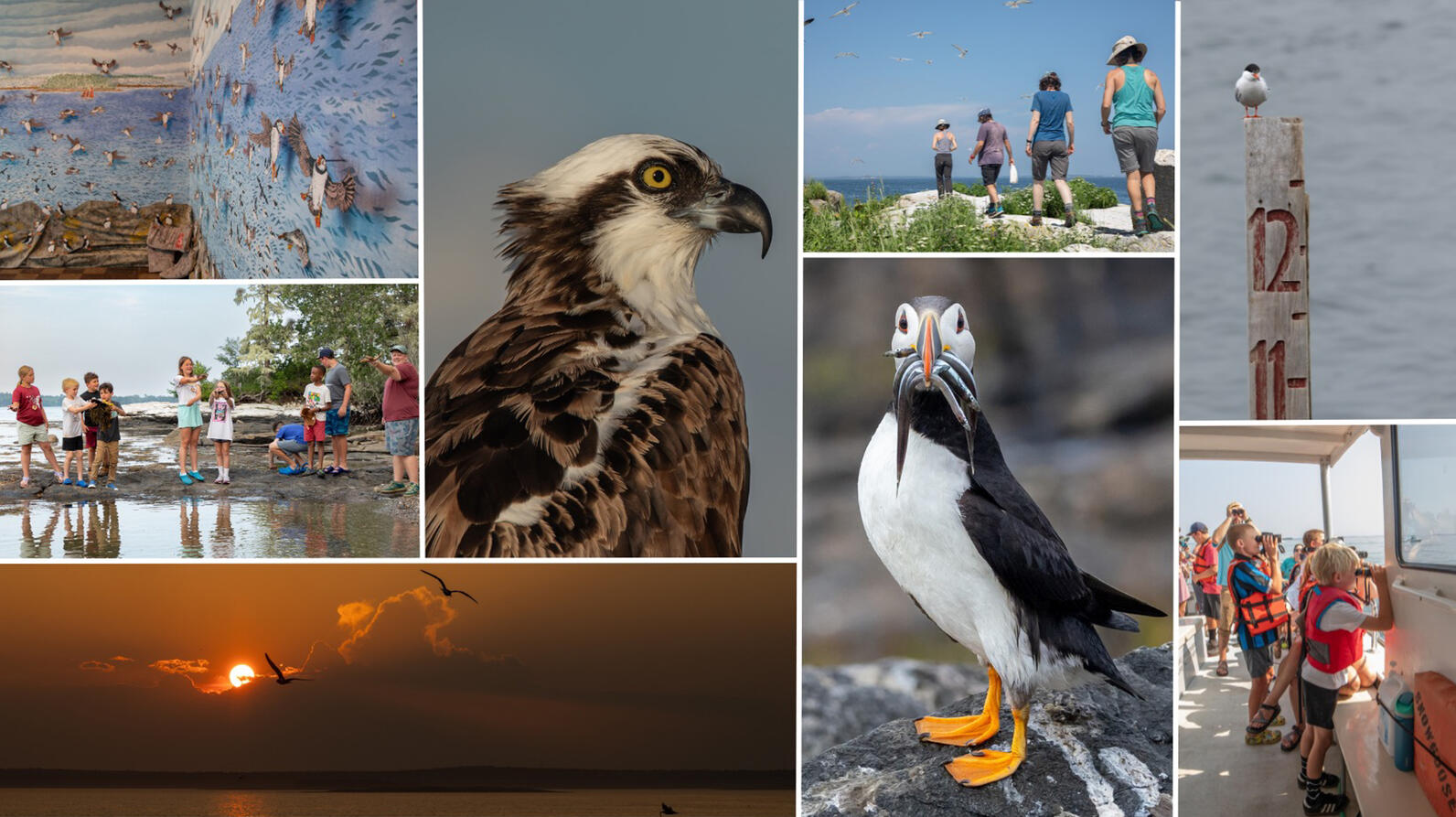
We celebrated a major milestone
This year, we celebrated 50 years since Project Puffin began. What started as an attempt to restore puffins to Eastern Egg Rock has expanded to benefit the restoration and conservation of seabirds worldwide. Audubon Magazine elevated the story, network-wide, through an oral history feature story and video featuring many of the original “puffineers” who were involved with launching the project. In Maine this past summer, the Project Puffin Visitor Center debuted a new documentary, while an immersive, interactive exhibit (which was on display through August 2023) simulated the experience of standing on Eastern Egg Rock.
Be sure to visit the online store and grab your very own 50th Anniversary T-Shirt while supplies last!
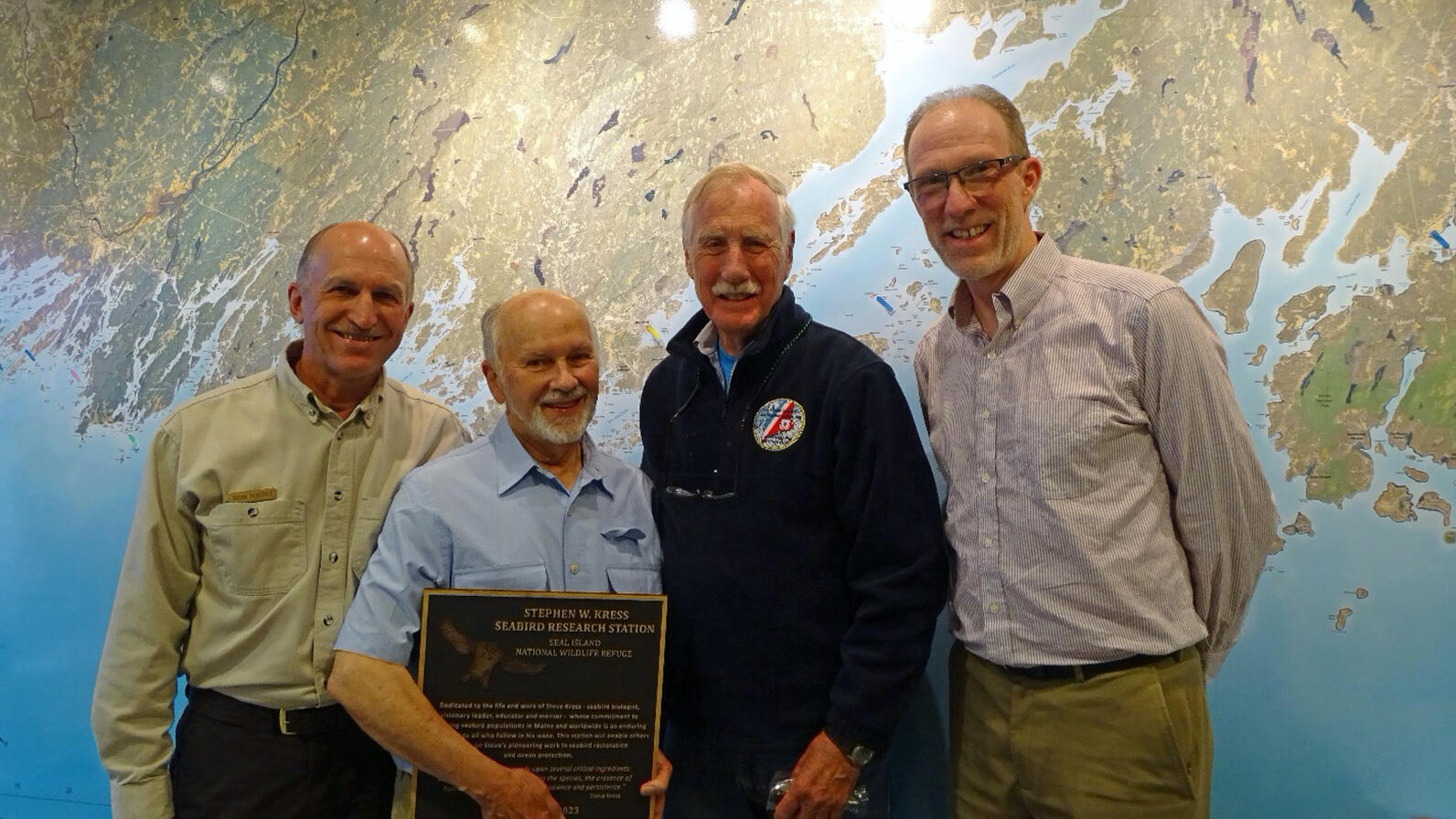
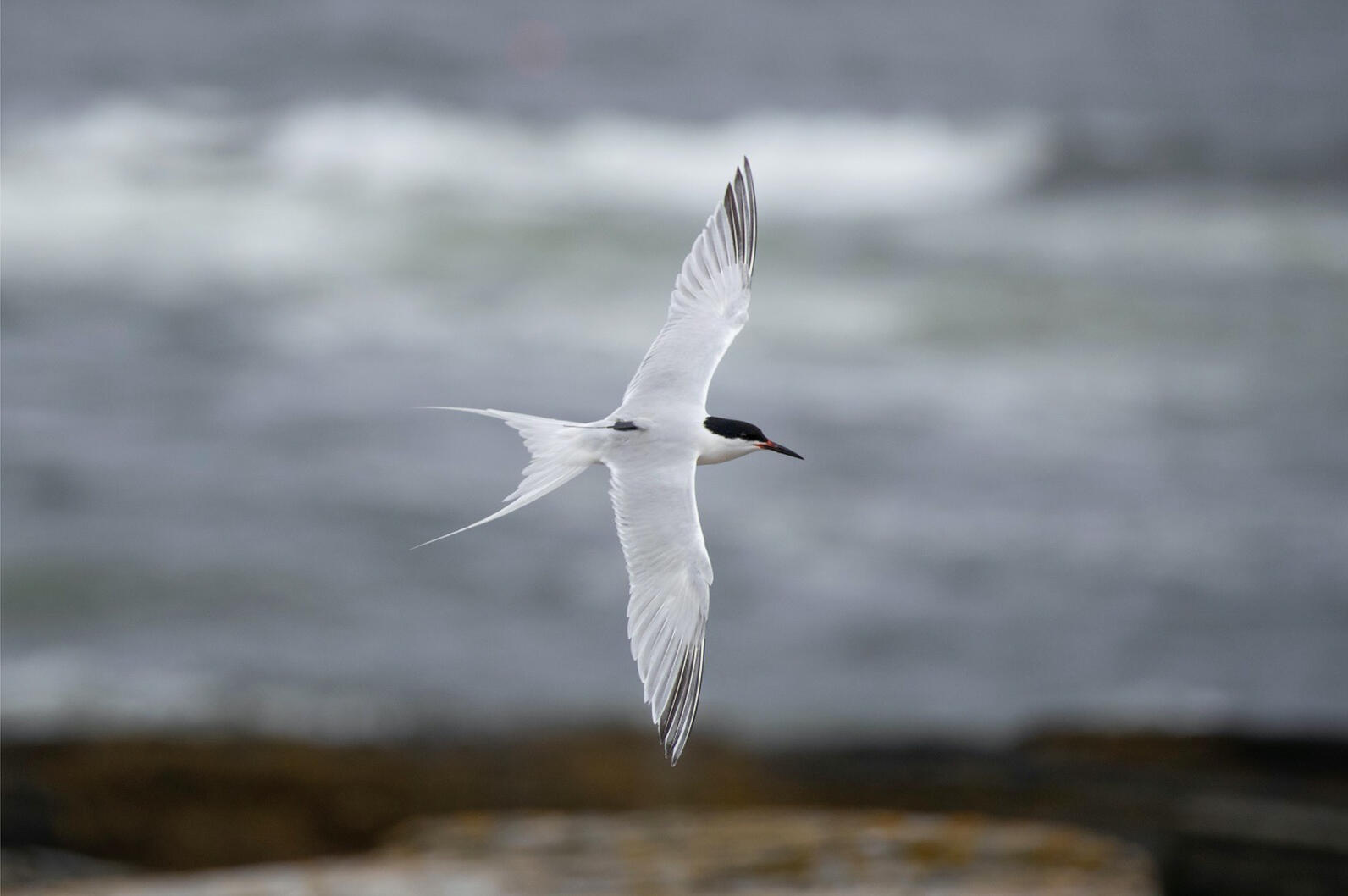
We introduced a new species to our tracking work
We moved forward with a pilot project to track six breeding Roseate Terns using GPS tags at Stratton Island. Roseate Terns, a federally endangered species, nest primarily on only two islands in Maine. The tags used collect estimates of the bird’s location every 10 minutes and remotely off-load data to small ‘base station’ receivers located at both breeding colonies and important pre-migratory staging sites, such as Cape Cod, Mass. Data from this study are among the first collected for this species in our region and will be included in the decision-making process for offshore wind energy lease areas in the Gulf of Maine.
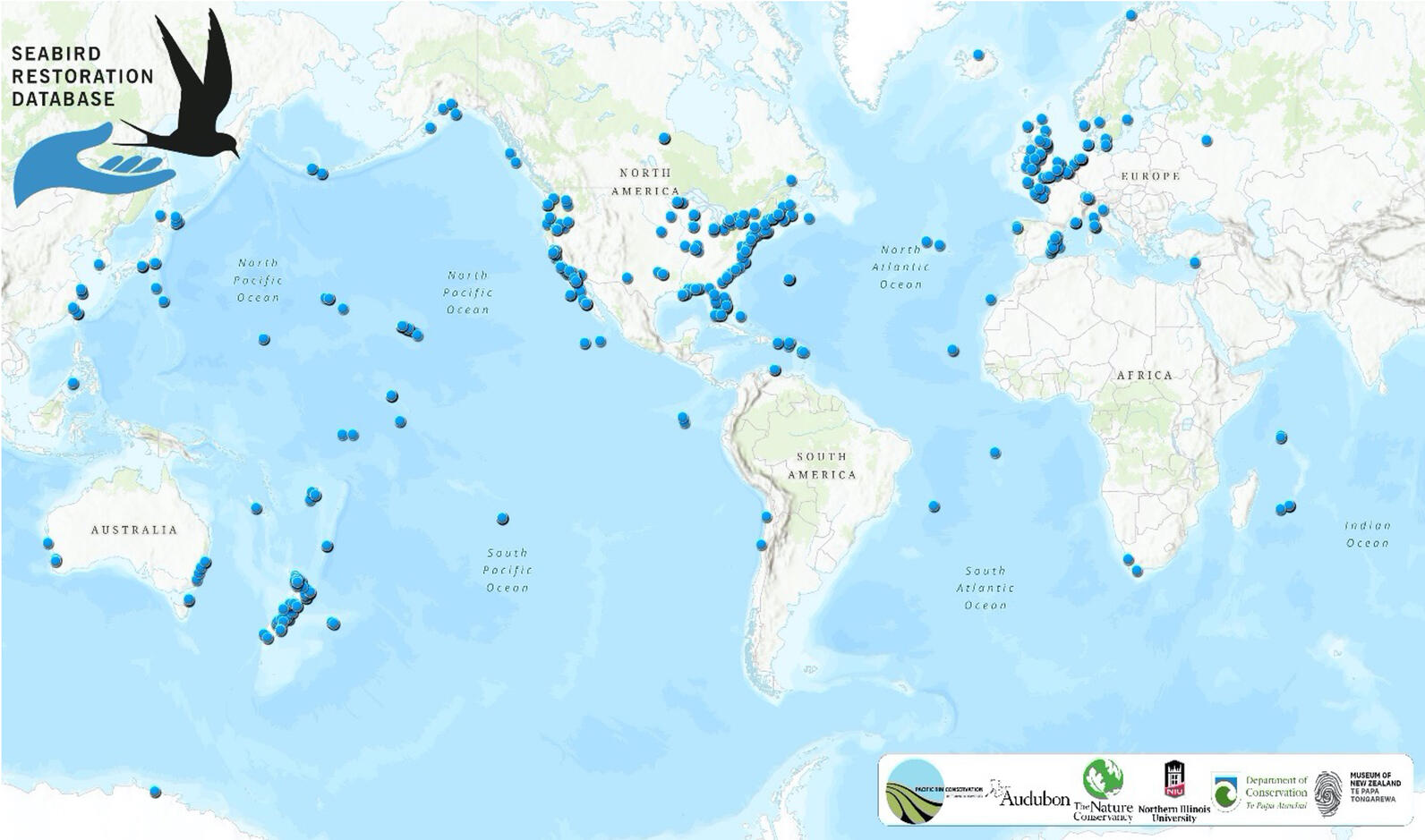
We measured the success of seabird restoration worldwide
We co-authored a paper with our partners at Pacific Rim Conservation and elsewhere that found seabird restoration is helping one-third of seabirds worldwide. The interactive Seabird Restoration Database compiles all known seabird recovery efforts that use translocation and social attraction across 36 countries and spanning nearly 70 years. Using techniques advanced in Maine, 80% of global projects have successfully attracted seabirds to restoration sites in the first two years of work, and 76% of projects achieved breeding in that timeframe.
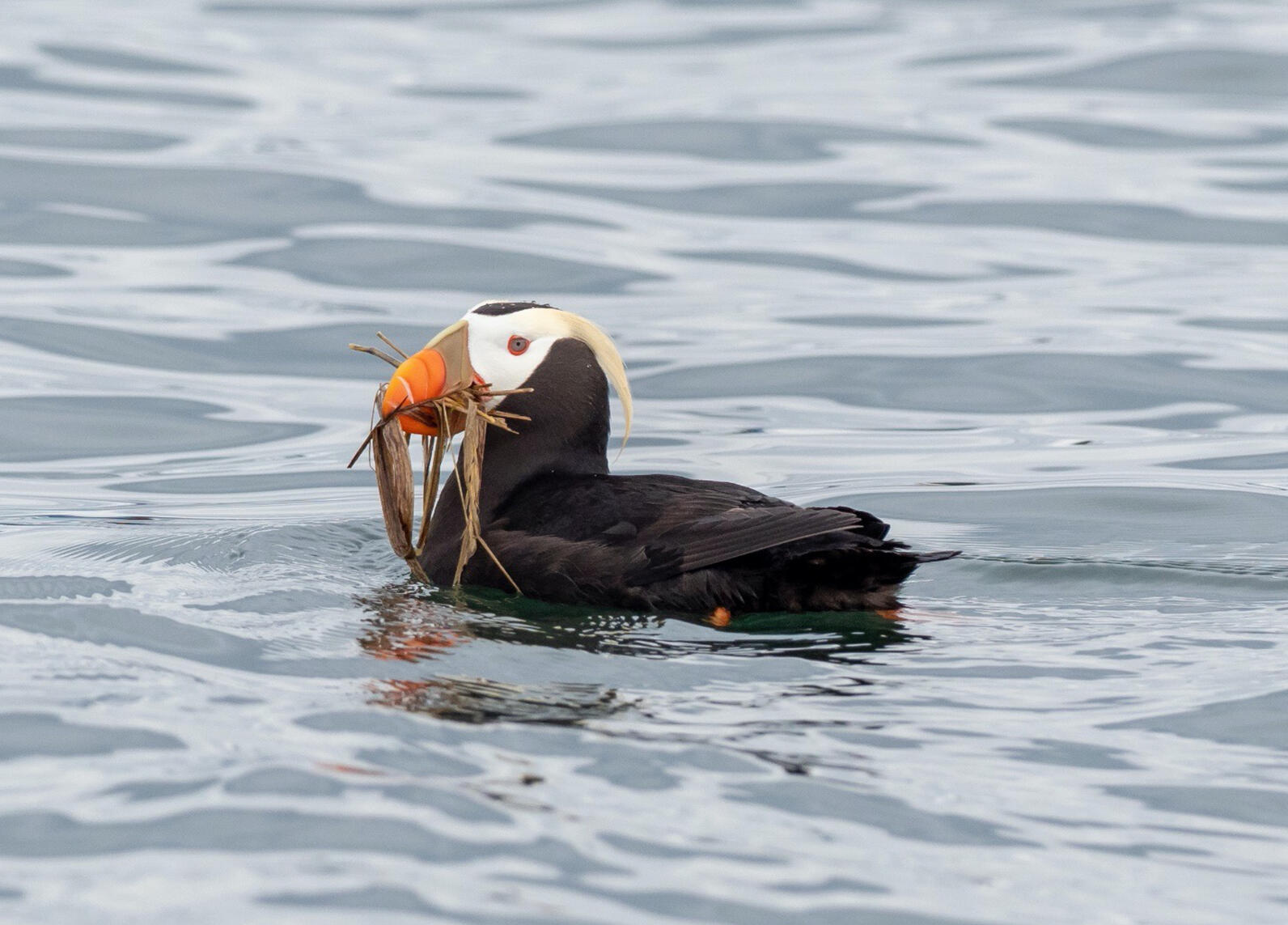
We broadened our reach to support conservation efforts in the Pacific Northwest
Together with local partners in the Pacific Northwest, we launched a more coordinated conservation strategy for Tufted Puffins along the coasts of Oregon, Washington, and California. In September, Katherine Luscher joined the team as Senior Coordinator, Tufted Puffins. This effort will foster collaboration among stakeholder to facilitate on-the-ground management actions, execute communication and engagement campaigns, and support impactful research, among other activities in support of Tufted Puffin population restoration.
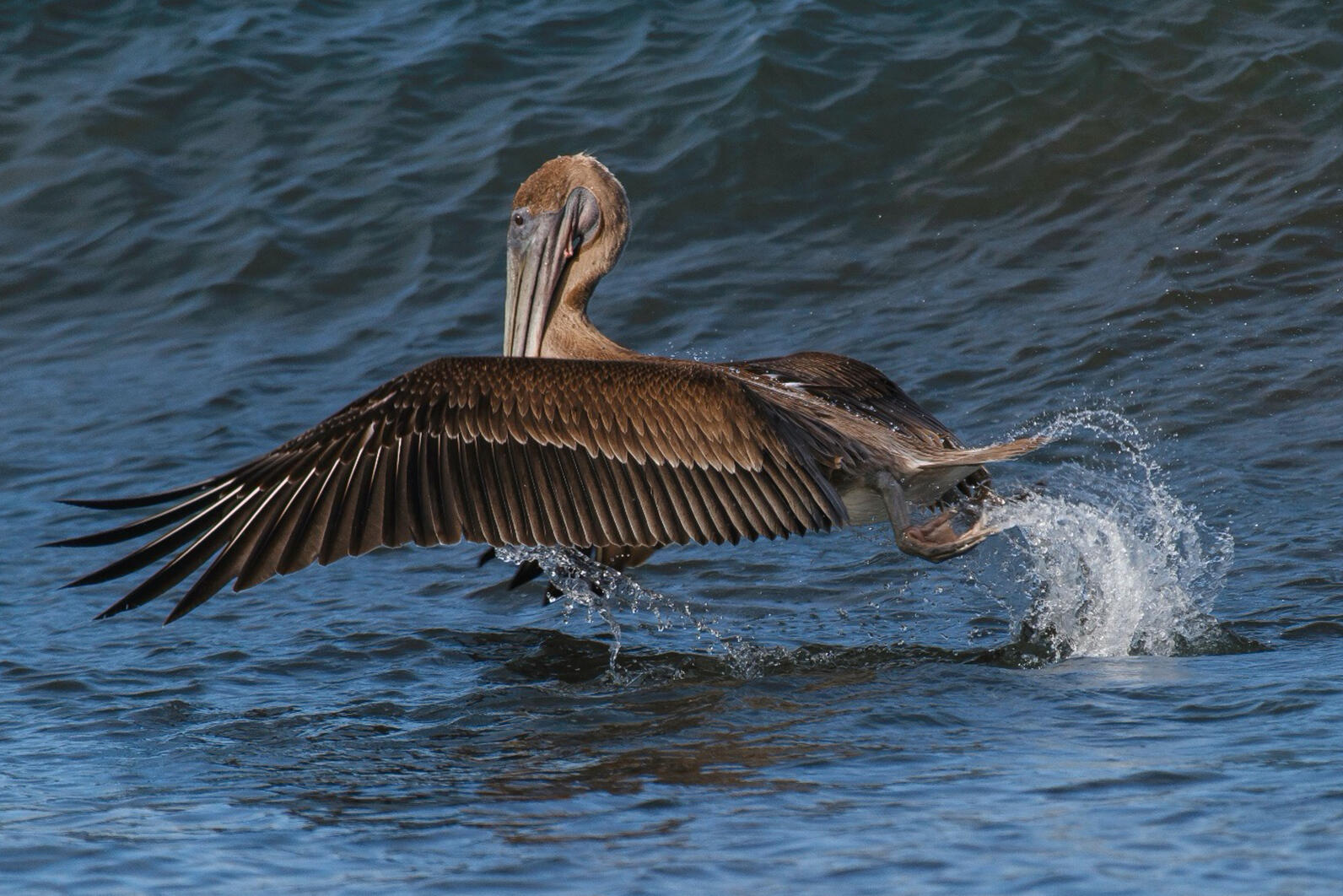
We advocated for greater protections for seabirds and the places – and fish – that they need
In California, we supported a proposal for the Chumash Heritage National Marine Sanctuary to become the country’s newest (and first-ever Tribal-nominated) marine sanctuary. Over 18,000 Audubon members spoke up in support of this designation, to promote indigenous-led conservation and protection of this key habitat for the California Brown Pelican and other seabirds. The Audubon Coasts and Campus Chapters teams also brought 28 students and alumni to DC for the 2023 Save the Seabirds fly-in, to encourage their legislators to protect seabirds and people from the effects of climate change.
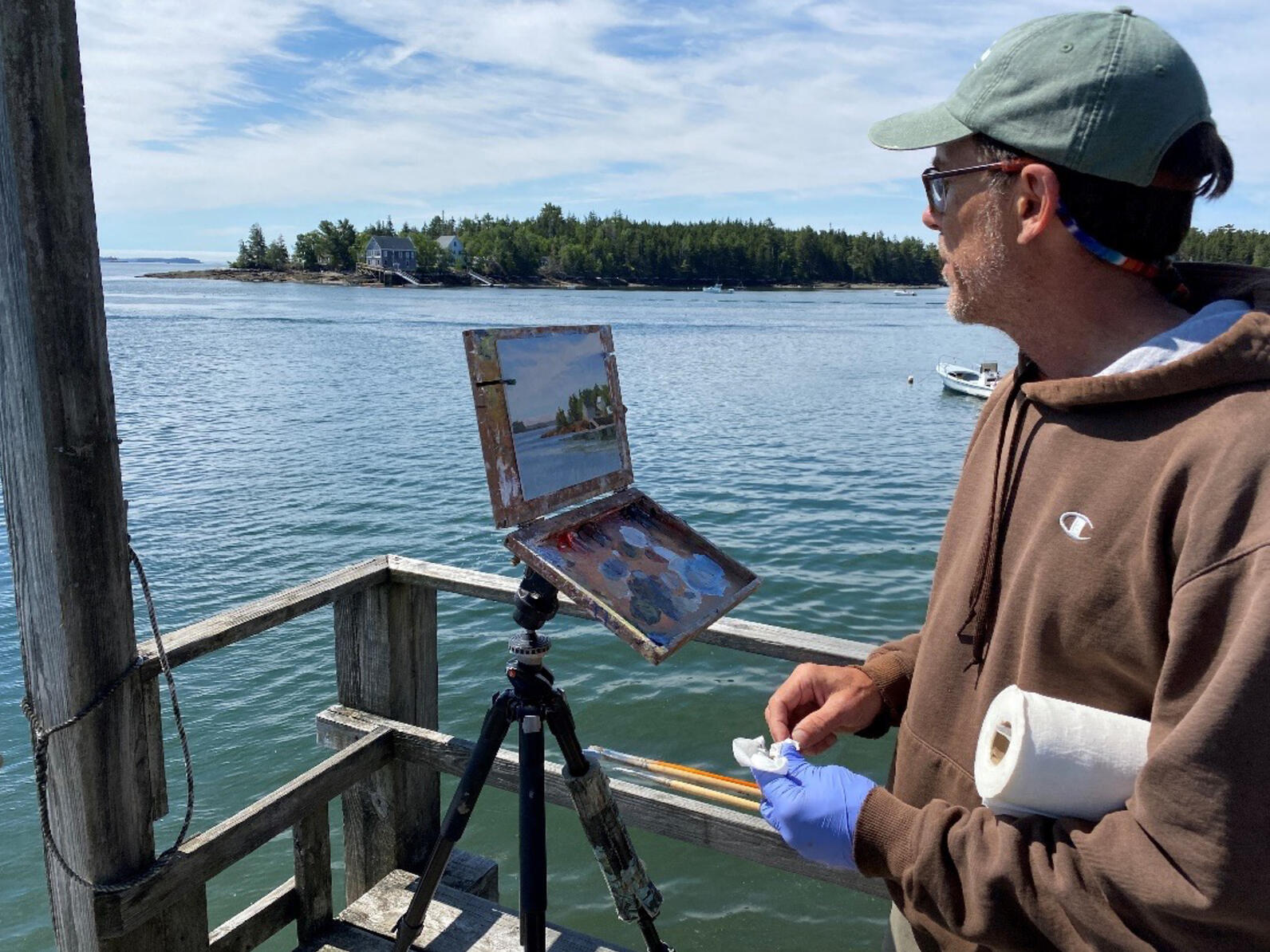
We resumed Hog Island’s Artist in Residency Program
Even before the Audubon Camp opened in 1936, artists and writers found inspiration on Hog Island. Today the island’s historic Bingham Cottages serve as home-away-from-home base for the creative energy of the Audubon Artists in Residence program.
After a competitive selection process, visual artists Jim Rataczak (Minnesota) and Justine Lee Hirten (California) and poet Samantha DeFlitch (New Hampshire) each spent two weeks living and working on Hog Island. They used their residency sessions to fill sketchbooks, manuscripts, and canvases, and to share their expertise and enthusiasm with the camp community.
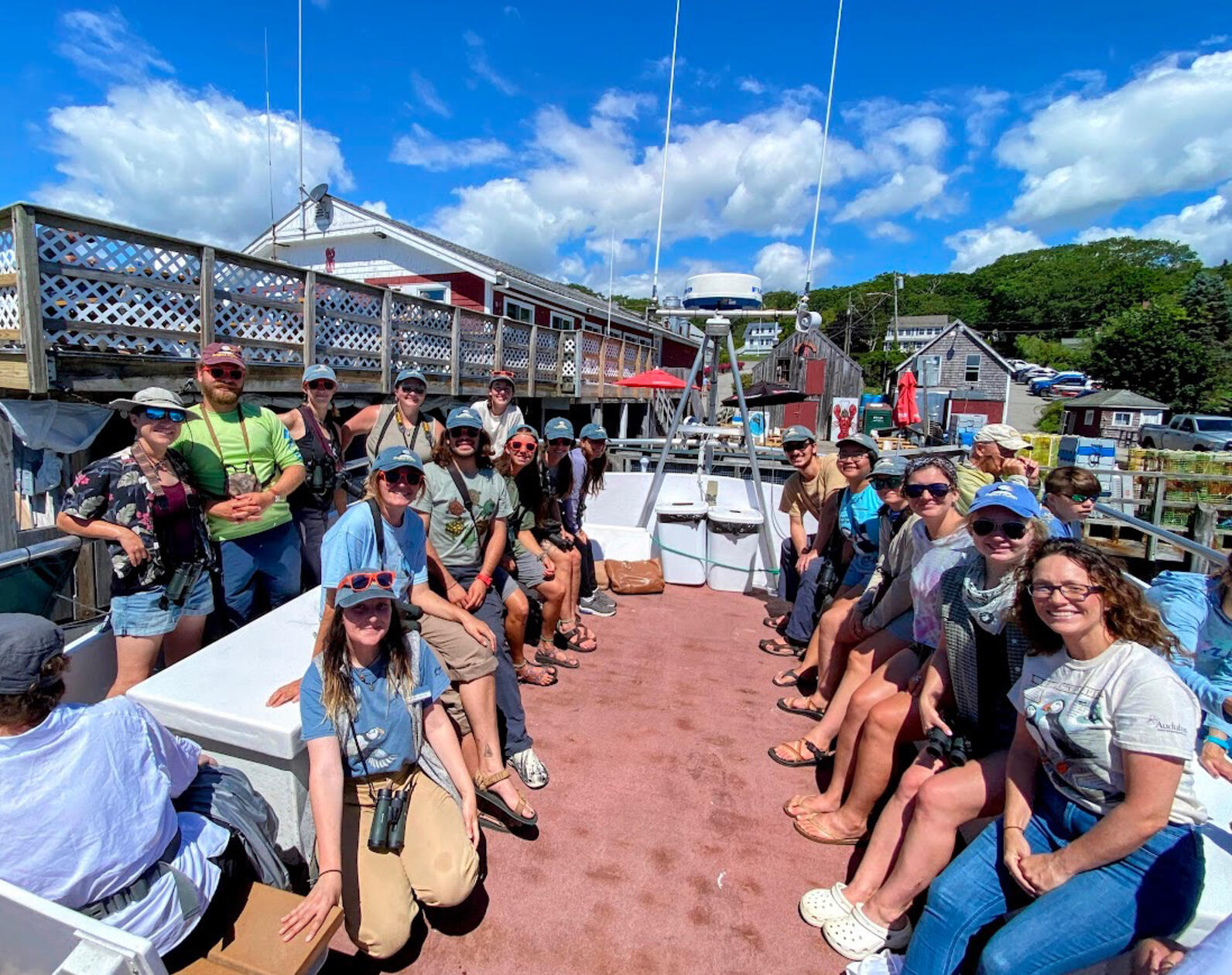
We continue to prepare for what lies ahead
As summer drew to a close, we broke down island field camps and shuttered Hog Island for the winter. We are now busy laying the groundwork for the season ahead. Registration for 2024 camp sessions at Hog Island is open, register today! As we look towards recruiting, hiring, and training the seasonal staff for 2024, we’re grateful to our organizational partners, donors, and our seabird-loving audience for investing time and care into our work.
Learn about birds and take action
Adopt-A-Puffin
Adopt now and receive a Certificate of Adoption, along with a biography of "your" puffin!
Visitor Center
The Project Puffin Visitor Center (PPVC) is located at 311 Main Street in downtown Rockland, Maine. The center opened its doors officially on July 1, 2006.


